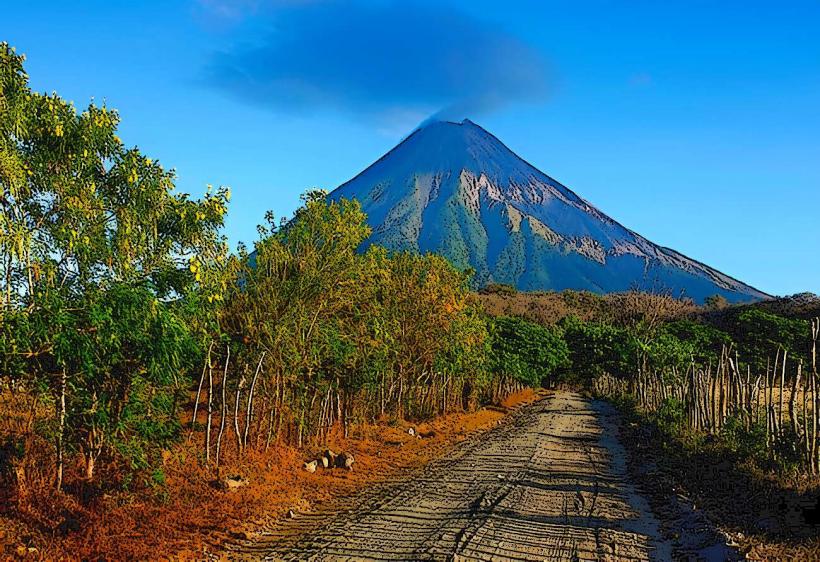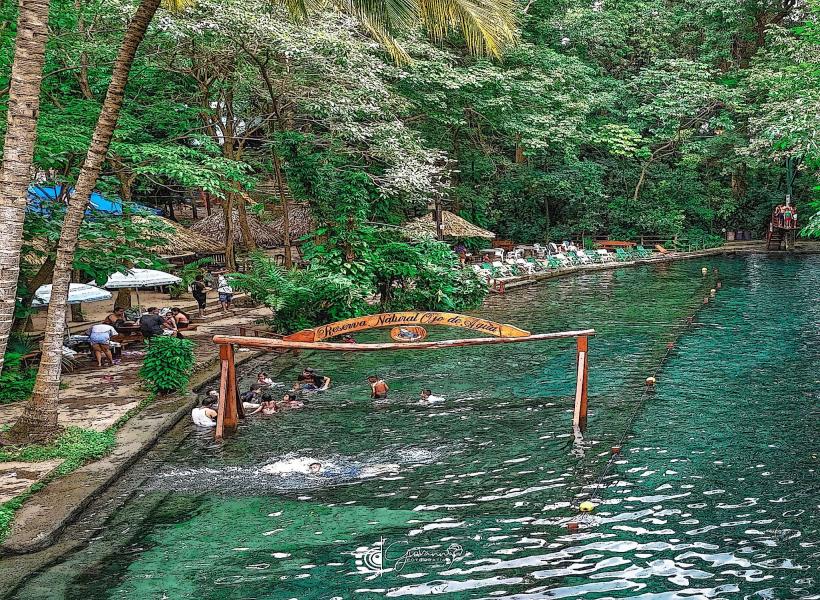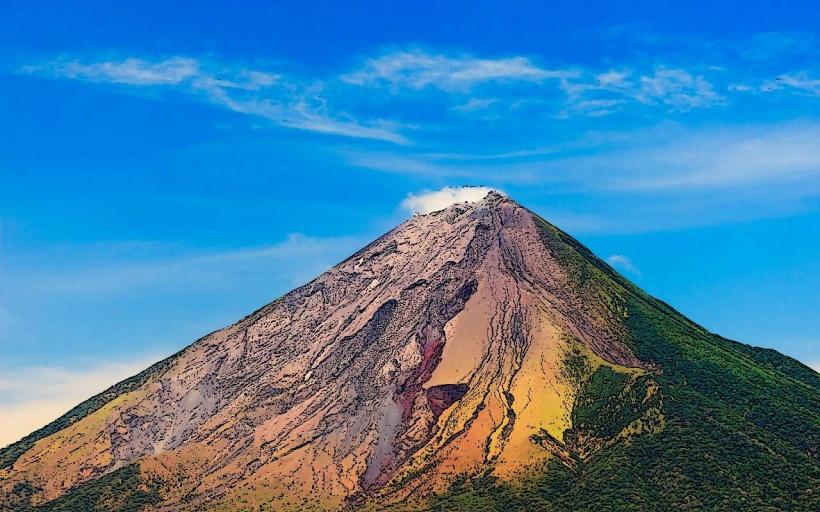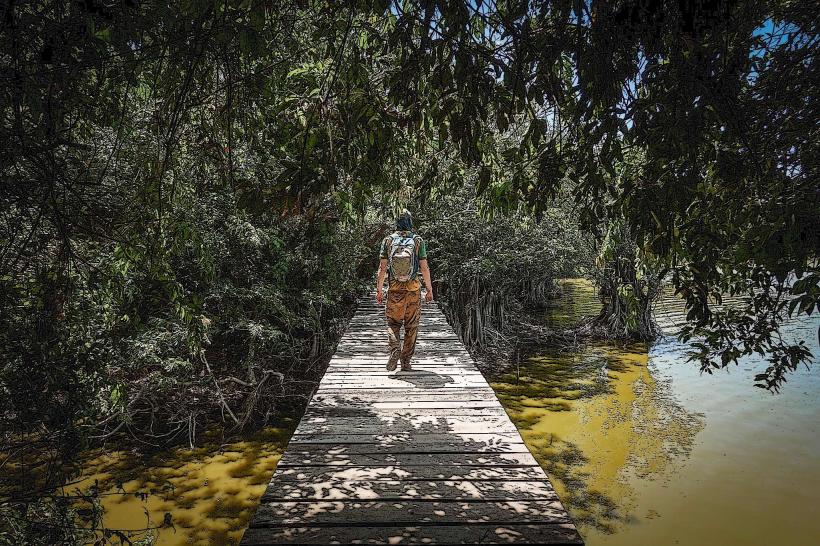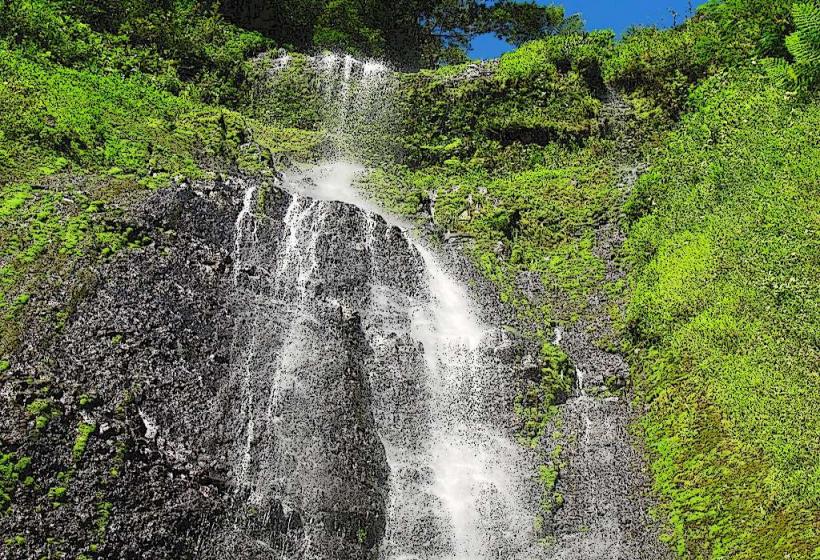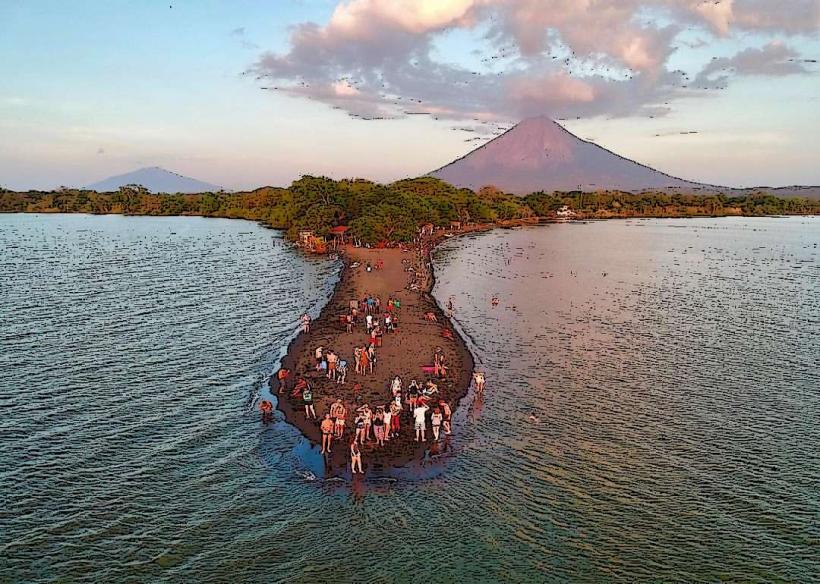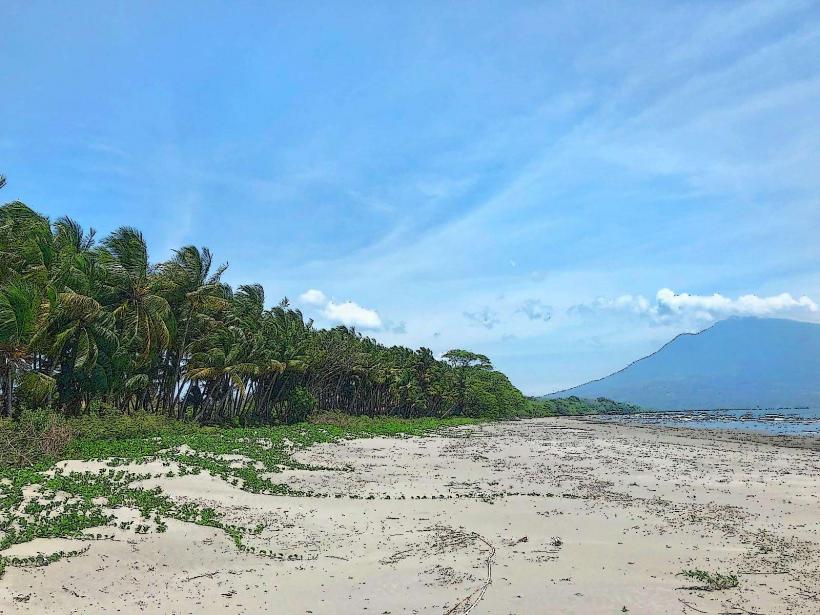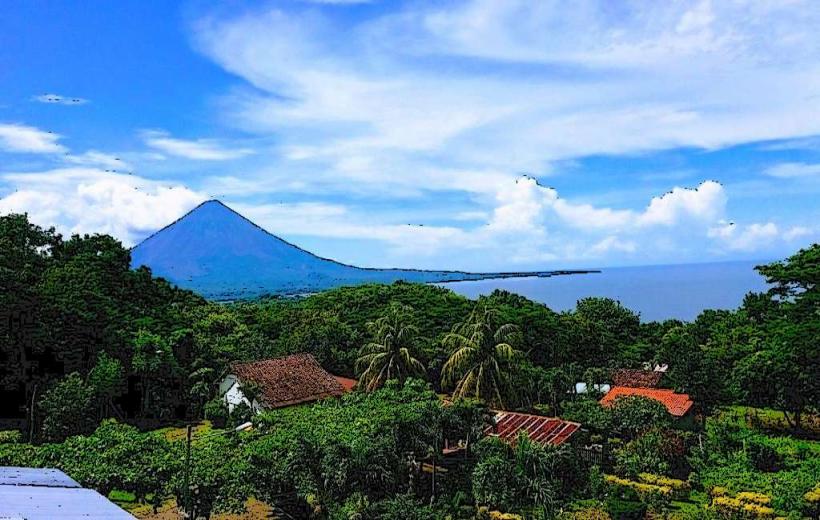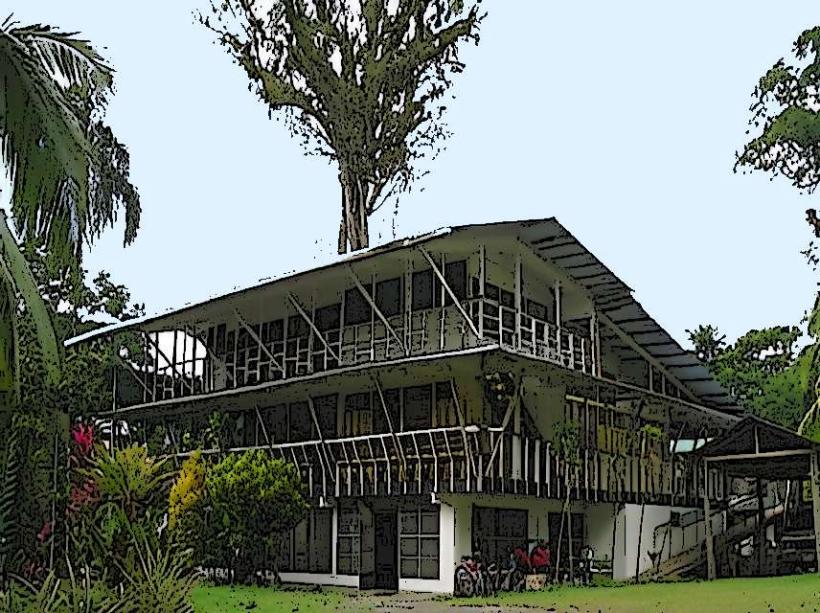Information
Landmark: Altagracia MuseumCity: Ometepe Island
Country: Nicaragua
Continent: North America
Altagracia Museum, Ometepe Island, Nicaragua, North America
The Altagracia Museum is a small but fascinating cultural institution located in the town of Altagracia on Ometepe Island, Nicaragua. This museum offers visitors a glimpse into the island’s rich history, culture, and natural environment, with exhibits focused on its indigenous heritage, colonial past, and local traditions.
Location and Accessibility
The Altagracia Museum is located in the town of Altagracia, which is situated on the northeastern side of Ometepe Island, near Lake Cocibolca. The museum is easily accessible by car or taxi from other towns on the island, such as San Juan de la Isla or Moyogalpa. It is located close to the San Diego de Altagracia Church, making it a convenient stop for visitors exploring the town.
History and Background
The museum is named after Nuestra Señora de la Asunción, the patron saint of Altagracia, and it focuses on the island’s indigenous heritage, especially the Nahuatl and Chorotega cultures, who once inhabited Ometepe Island. The museum’s exhibits also reflect the Spanish colonial influence on the island, as well as the island’s more recent history.
The museum was created with the goal of preserving and showcasing the history of Ometepe Island, with a particular emphasis on the cultural and archaeological significance of the region. The collection was curated by the local community in cooperation with the Nicaraguan Institute of Culture and the National Museum.
Exhibits and Highlights
The museum’s exhibits cover a wide range of topics, providing an overview of the island’s archaeology, history, and natural heritage.
Indigenous Artifacts: One of the primary focuses of the museum is its collection of pre-Columbian artifacts. The exhibits include ceramics, stone tools, figurines, and sculptures that were created by the island’s ancient indigenous cultures. These items offer insight into the daily lives, religious practices, and social organization of the early inhabitants of Ometepe.
- Notable items in the museum include ancient petroglyphs, which are carved stone images that represent animals, human figures, and various geometric shapes. These petroglyphs are believed to have been created by the indigenous populations and are found in various parts of the island, with some of them believed to be up to 1,000 years old.
Colonial History: The museum also features exhibits related to the Spanish colonial period, when Ometepe Island was influenced by European settlers. These exhibits include religious artifacts, colonial-era tools, and other objects that reflect the changes in local life during the colonial era. The town of Altagracia itself has historical significance as a site of early Spanish influence on the island.
Local Traditions and Culture: The museum highlights the traditional culture of Ometepe, showcasing the island’s rich folk traditions, including music, dance, crafts, and festivals. Local textiles and handicrafts are displayed, illustrating the skills and artistry of the island’s inhabitants.
- The museum also educates visitors about local traditions such as the Fiesta de la Virgen de la Asunción, a major religious and cultural celebration held in Altagracia in August. The festival is a blend of Catholicism and indigenous customs, and the museum provides insight into its significance.
Natural History: There are also exhibits on the island’s natural environment, highlighting the flora and fauna of Ometepe. The museum provides information about the diverse ecosystems of the island, including the tropical forests, volcanic terrain, and lake environments. Visitors can learn about the island’s unique biodiversity, which includes endemic species of plants and animals.
- Additionally, the museum showcases the island's two volcanoes, Maderas and Concepción, and their impact on the local environment and communities.
Photographs and Visual Art: The museum also features a collection of historical photographs of Ometepe Island, showing how the landscape, people, and culture have evolved over the years. Local artwork depicting scenes from island life, nature, and history is also on display.
Educational and Cultural Activities
In addition to its exhibits, the Altagracia Museum is also involved in educational activities for both visitors and locals. The museum organizes workshops, presentations, and cultural events that help preserve and promote Ometepe’s history and traditions. Visitors can learn about the island’s cultural practices through interactions with local artisans and community members.
Visiting the Museum
The Altagracia Museum is open to the public throughout the year, with regular hours for visiting. While it is a small museum, it provides an intimate and informative look at the island's culture, making it a valuable stop for anyone interested in learning more about Ometepe Island.
- Entrance Fees: There is a small entrance fee to visit the museum, which helps fund its operations and maintenance.
- Guided Tours: While the museum can be explored independently, visitors can also take advantage of guided tours for a deeper understanding of the exhibits and the history of Ometepe Island.
- Accessibility: The museum is located in the town of Altagracia, and the town itself is easily accessible from the main roads of Ometepe Island. The museum’s facilities are simple but sufficient for a pleasant visit.
Best Time to Visit
The best time to visit the Altagracia Museum is during the dry season (from November to April), as the weather is more favorable for exploring the island and its attractions. However, the museum can be visited year-round, with each season offering a different experience in terms of local events, activities, and environmental conditions.
Conclusion
The Altagracia Museum is a hidden gem on Ometepe Island, offering visitors a unique opportunity to explore the rich history, culture, and natural beauty of the island. Through its fascinating exhibits, visitors can gain a deeper understanding of the indigenous cultures, colonial past, and ecological diversity that make Ometepe such a special place. Whether you’re a history enthusiast, a cultural explorer, or simply someone who enjoys learning about new places, the museum provides valuable insights into the heritage of this stunning Nicaraguan island.

